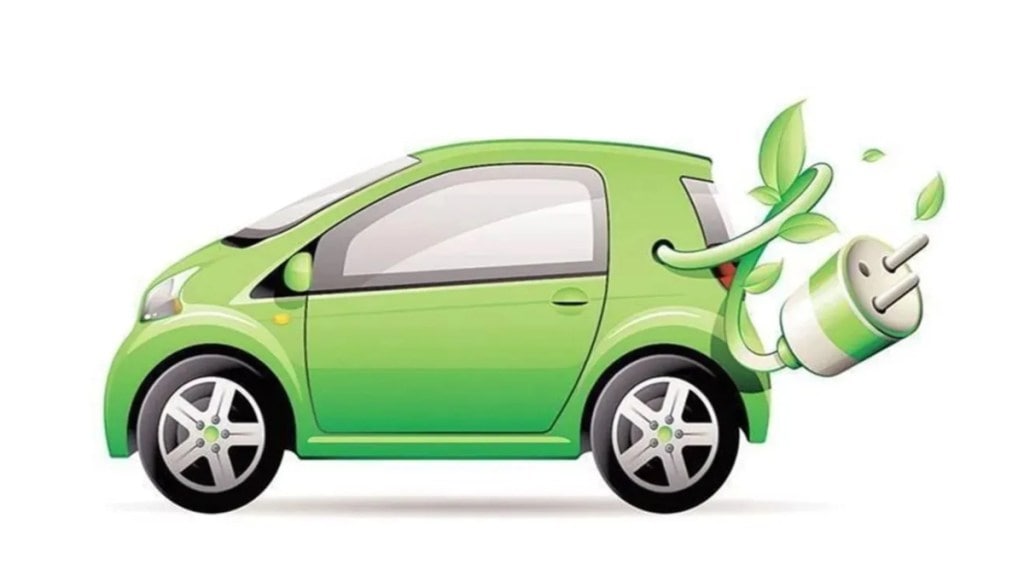By Pulkit Khurana
As a global push towards sustainable transportation gains traction, the role of electric vehicles (EVs) in reducing carbon emissions becomes increasingly significant. Recognizing this, the Indian Government has set an ambitious target: achieving 30% EV penetration in new vehicle registrations by 2030. For India to reach these goals, it is vital to be cognizant of the rapidly growing commercial two-and-three-wheeler market in the country – across Tier 1, 2, and 3 cities. This phenomenon is apparent just by stepping onto our roads, where diverse electric fleets, ranging from low-speed three-wheelers to delivery-focused two-wheelers, have emerged.
Transitioning commercial vehicles to electric holds immense promise as the cornerstone of India’s journey towards achieving net zero emissions. Historically, commercial vehicles have been at the forefront of the electric vehicle (EV) revolution globally, setting the stage for widespread adoption. Their high usability and extended running times make them prime candidates for electrification, offering significant reductions in emissions and operating costs. In India, where bustling cities are hubs of commercial activity, this transition can also have a transformative impact on air quality and public health.
Yet, EV adoption is impeded by significant roadblocks, particularly the high cost of EV ownership, long charging times (2-6 hours), and limited access to charging infrastructure. These hurdles result in higher expenses, lost time, and potential income reduction for EV drivers.
Here’s where battery swapping comes in, which offers a more practical and cost-effective solution for EV adoption among commercial drivers in India. With an average monthly salary of 18-20k, every rupee counts for these drivers. Battery swapping offers a convenient solution, allowing them to quickly exchange depleted batteries for fully charged ones, minimizing downtime and increasing efficiency. However, the 18% GST levied on each swap presents a significant financial hurdle. For these drivers, this translates to an extra expenditure of around 1k per month, a substantial amount considering their income bracket. This additional financial strain undermines the affordability and financial attractiveness of EVs for these drivers.
To truly leverage battery swapping as a game-changer in EV adoption, addressing the GST rates issue is imperative. Presently, while EVs equipped with lithium-ion batteries attract a GST of 5%, standalone batteries are taxed at 18%. Rectifying this disparity is essential for leveling the economic playing field, reducing costs, and promoting the wider use of EVs.
By reducing the tax rate on standalone batteries to 5%, policymakers can alleviate financial burdens for commercial drivers, making EVs more accessible and financially viable for those at the grassroots level. This not only promotes sustainable transportation but also supports the economic empowerment of drivers across the country.
There’s a significant opportunity for the Government to re-evaluate the current GST structure on EV batteries. One effective approach is to implement a uniform 5% GST rate for all batteries with a capacity of 1 kWh or more, regardless of technology. This uniformity would simplify monitoring and alleviate concerns specific to targeted tax reductions for lithium-ion batteries, which are also prevalent in Battery Energy Storage Systems (BESS)—a sector receiving substantial support through initiatives like the INR 3,760 Crore Viability Gap Funding (VGF) scheme. Such regulatory adjustments would facilitate the expansion and integration of both EV and BESS technologies, especially in major cities where BESS can replace diesel generators. To counterbalance potential fiscal impacts from these tax adjustments, the Government could consider measures such as heightened customs duties on imported battery packs.
Equalizing GST rates on EV batteries can yield significant long-term benefits, stimulating economic growth and creating job opportunities while aligning with overarching environmental goals for cleaner and more sustainable transportation alternatives.
The author is the Co-Founder of Battery Smart
Disclaimer: Views expressed are personal and do not reflect the official position or policy of Financial Express Online. Reproducing this content without permission is prohibited


















